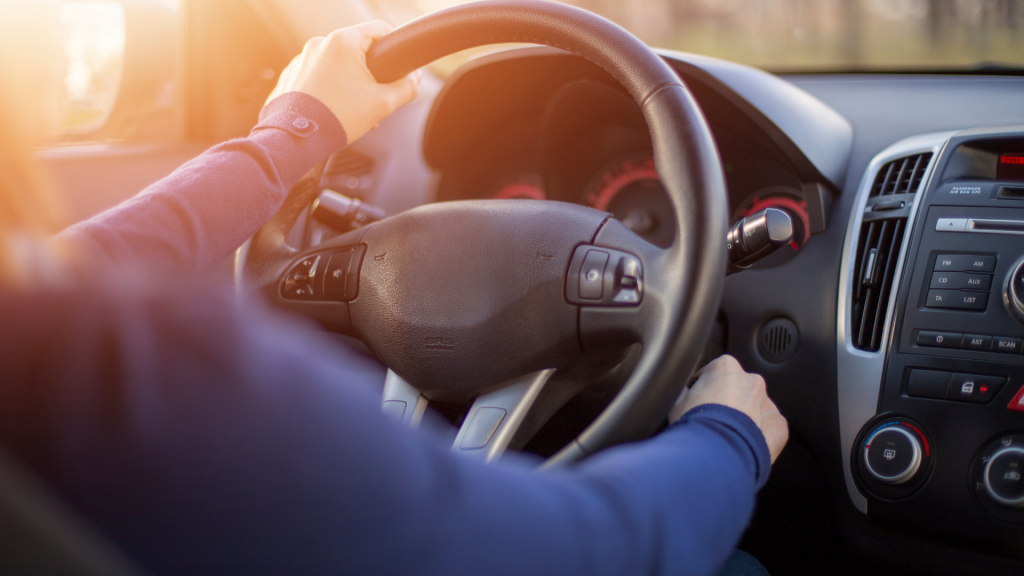In the 2015-16 Federal Budget, the government announced it will simplify the car expense deduction rules for individuals.
At the 30th of June there were four methods available for claiming motor vehicle expenses.
From 1st July 2015 the one-third of actual expenses method and 12% of the original value method will no longer be available to use for calculating deductions.
The cents per kilometre method (with the existing 5,000km cap) and the logbook method (with unlimited km’s) will remain. The cents per kilometre method will also be simplified further to use a standard rate of .66c per km rather than the previous rate based on the engine size of the car.
Cents per kilometre method
You can use this method to claim up to a maximum of 5,000 work-related kilometres per car even if you have travelled more than 5,000 work-related kilometres. For example, if you travelled 5,085 work-related kilometres, you can only claim the cost of travelling 5,000kms with this method. You cannot claim for the extra 85kms.
You do not need written evidence but you may need to be able to show how you worked out your work-related kilometres.
Log Book method
A car logbook must be kept continuously for a 12 week (3 month) period for the relevant car. Once completed, the log book establishes a business usage percentage which may be used to calculate your vehicle expense claim for up to 5 years.
By keeping a log book you can claim running costs such as fuel, repairs, insurance and registration, depreciation and any interest on finance for the vehicle.
Log books are available at business stationery suppliers and there are also various Apps available if you prefer an electronic version. Entries in the log book for each business trip should include:
• Date the journey began and ended
• Odometer readings at the start and end of the journey
• Kilometres travelled on the journey
• Reason for the journey
**IMPORTANT TO NOTE**
Vehicles owned by a company but used privately by an employee
To avoid any possible Fringe Benefits Tax complications of an audit by the Australian Taxation Office you MUST keep a log book if claiming expenses of the vehicle in the company that is being used by any employee or associated person.




